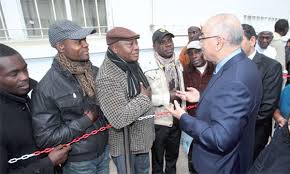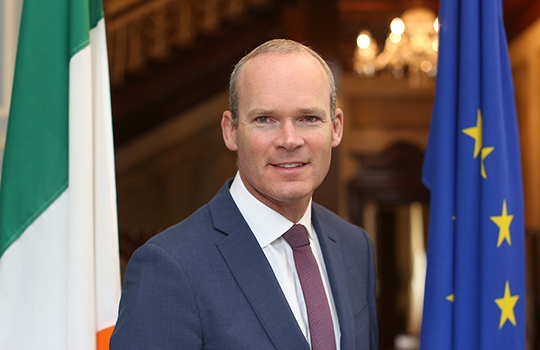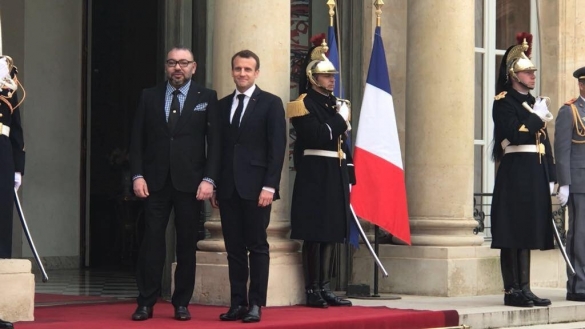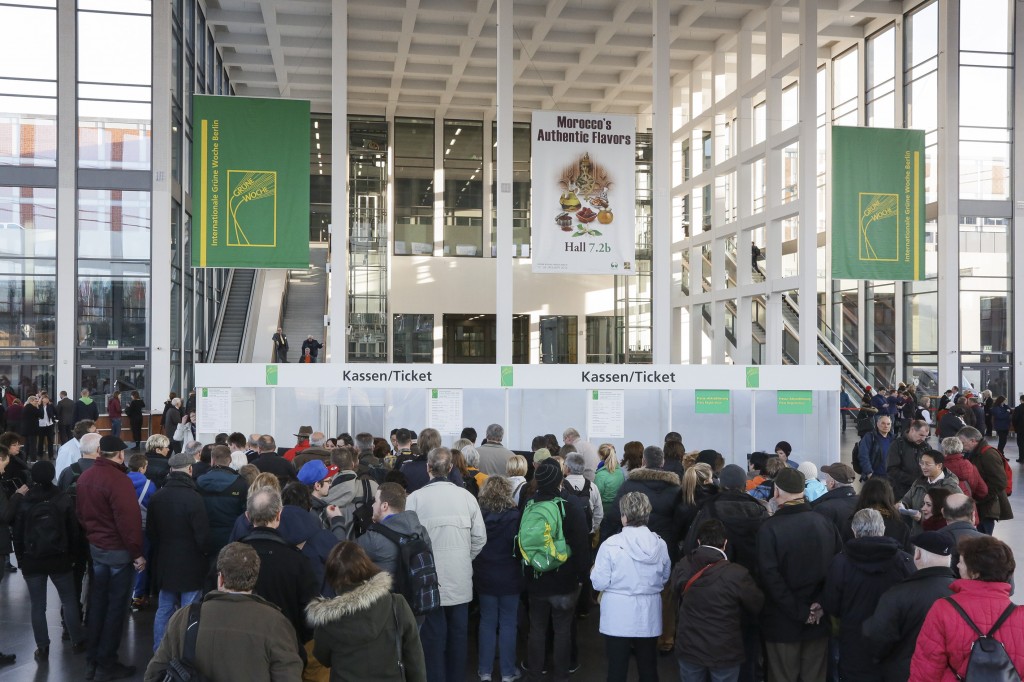 Morocco, which has seen its share of emigration and more recently become a springboard for other migrants on their way to Europe, has since the beginning of the 21st century become a default destination for many sub-Saharan migrants, writes the Washington-Based Migration Policy Institute (MPI).
Morocco, which has seen its share of emigration and more recently become a springboard for other migrants on their way to Europe, has since the beginning of the 21st century become a default destination for many sub-Saharan migrants, writes the Washington-Based Migration Policy Institute (MPI).
In its latest analysis focusing on Morocco’s migration policy, MPI says the growing Moroccan interest in sub-Saharan Africa has pushed the government to adopt integration measures and policies that respect migrants’ rights.
According to Institute, there are about 700,000 sub-Saharan African migrants settled in Morocco. The European Union agreed last year to provide Morocco with €148 million to address irregular migration and another €182 million to support job creation and other services.
As more sub-Saharan African migrants find themselves stuck, those unwilling or unable to return to their origin countries and those who have failed to reach European borders have become a familiar presence in many Moroccan cities, most living in irregular status.
Faced with a growing irregular migrant population, the Moroccan government in 2014 regularized in a first stage the situation of about 24,000 migrants from sub-Saharan Africa, giving them accompanying work rights and access to social services, recalls the MPI paper.
As part of this push to manage irregular migration, bilateral cooperation programs were put into place between Morocco and Spain starting in 1992, and later with the European Union.
After the 1992 agreement, Spain and Morocco in 2004 launched joint patrolling teams as part of which the Spanish Guardia Civil and the Moroccan Gendarmerie Royale work to control irregular migration across the Mediterranean.
Then in 2014, Morocco created the Migration and Border Surveillance Directorate and the Migration Observatory within the Ministry of Interior in accordance with the Euro-Mediterranean Association Agreements, which entered into force in 2000, forming the legal basis of the EU-Morocco relationship.
With the start of the European Neighborhood Policy (ENP) in 2004, Morocco gradually became a privileged partner of the European Union in the field of political and economic cooperation as well as trade and technical and development cooperation.
For the Migration Policy Institute, Morocco has also become a major actor in regional discussions of migration, playing a central role in creating the Euro-African Dialogue on Migration and Development (also known as the Rabat Process) that was established in 2006.
As the Moroccan economy has grown, and entry to Europe has become increasingly difficult, more African migrants have settled in the country rather than continue on to Europe or return to their countries of origin.
The MPI analysis highlights the importance of the “New Migration Policy” launched by King Mohammed VI in 2013. Through this human rights-oriented immigration policy, the Moroccan government aimed to regularize thousands of immigrants, among other aspects.
The first phase of the policy’s implementation in 2014 saw more than 24,000 migrants, mostly from sub-Saharan Africa and Syria, gain a one-year legal status. This allowed immigrants to work legally, despite some social obstacles. A second phase was launched, granting residence permits to 28,400 migrants by December 31, 2017.
MPI also cited excerpts from a royal speech made in 2018 stressing that Morocco’s commitment in advocating for the causes and interests of Africa is not new but rather an immutable orientation which the country will continue to reinforce with confidence and pride.


